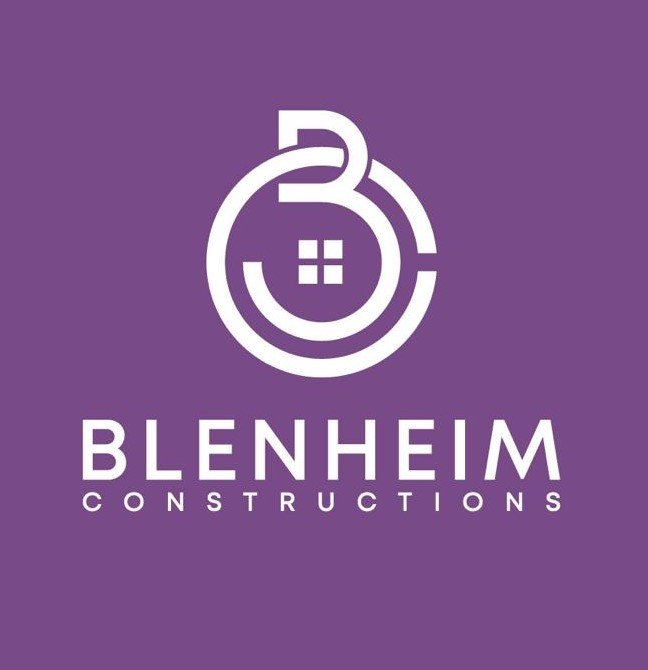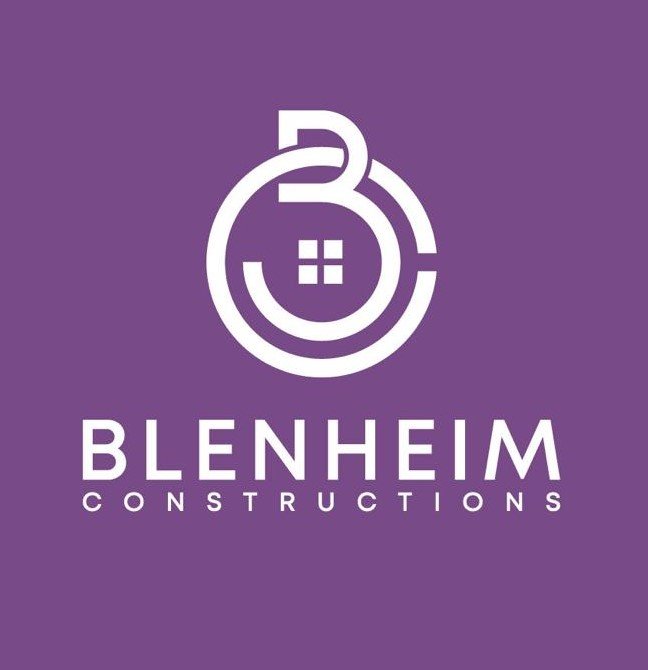The real estate sector is undergoing a transformative phase, thanks to the infusion of blockchain technology. One of the most revolutionary developments in this domain is real estate tokenization—a process that digitizes ownership of properties into tradable blockchain-based tokens. By fractionalizing assets, tokenization allows investors to participate in property markets with greater flexibility, transparency, and efficiency. This modern approach is reshaping how properties are bought, sold, and managed, creating opportunities for property businesses to scale faster than ever. However, navigating this space requires expertise, which is where a real estate tokenization development company comes into play.
Understanding Real Estate Tokenization
Real estate tokenization is the process of converting real-world property assets into digital tokens on a blockchain. Each token represents a fractional ownership of a property, enabling multiple investors to own a share of an asset without the traditional barriers of high capital requirements. Blockchain ensures that all transactions are immutable, secure, and transparent, while smart contracts automate processes such as rent distribution, profit-sharing, and transfer of ownership.
By leveraging tokenization, property businesses can transform illiquid assets into liquid, tradeable tokens. This innovation not only opens up real estate investment to a wider audience but also allows businesses to access global capital, optimize asset management, and enhance investor confidence.
Key Advantages of Real Estate Tokenization for Businesses
-
Increased Liquidity
Traditional real estate investment is notoriously illiquid, with long transaction cycles and complex legal processes. Tokenization enables fractional ownership, allowing investors to buy and sell property tokens on digital platforms easily. This liquidity attracts a broader range of investors, including millennials and international buyers, thereby scaling the potential market for property businesses. -
Access to Global Investment
A tokenized property can be marketed and sold to investors worldwide, breaking geographical barriers. Property businesses can tap into new capital pools, attract foreign investment, and diversify their funding sources. Global access also increases competitive positioning in the real estate market, enabling businesses to grow their portfolio strategically. -
Lower Entry Barriers for Investors
Traditional property investments often require significant capital outlay, deterring small or mid-level investors. Tokenization allows fractional investments, making real estate accessible to a larger demographic. More investors mean more liquidity and faster fundraising, helping property businesses scale faster. -
Transparent and Secure Transactions
Blockchain technology ensures transparency, traceability, and security. Every token transaction is recorded on an immutable ledger, reducing fraud risk and improving investor trust. Smart contracts automate key operations like dividend payouts, property management, and compliance reporting, minimizing human error and operational costs. -
Efficient Asset Management
Tokenization streamlines property management by digitizing ownership records and automating payments. Rental income, maintenance costs, and profit distributions can be managed via smart contracts, reducing administrative overhead. This efficiency enables property businesses to manage larger portfolios without proportional increases in operational complexity.
Role of a Real Estate Tokenization Development Company
A real estate tokenization development company specializes in creating blockchain-based platforms that enable tokenized property transactions. Their services are critical for businesses looking to enter the tokenization space, ensuring compliance, technical security, and smooth user experiences.
Services Offered by Tokenization Development Companies
-
Platform Development
These companies build customized platforms where property tokens can be issued, traded, and managed. The platform typically includes features such as investor dashboards, KYC/AML compliance checks, payment gateways, and integrated smart contract functionality. By leveraging professional development services, property businesses can launch secure and scalable platforms quickly. -
Token Design and Issuance
Tokenization experts help design the structure of property tokens, including fractional ownership, dividend rights, voting powers, and compliance features. They manage the technical issuance of tokens on blockchain networks, ensuring proper distribution and secure storage for investors. -
Regulatory Compliance
Navigating real estate and securities laws can be challenging. Tokenization development companies ensure that all token offerings adhere to local and international regulations. Compliance with securities regulations, anti-money laundering (AML) standards, and know-your-customer (KYC) protocols is essential for avoiding legal complications and building investor confidence. -
Smart Contract Integration
Smart contracts automate critical processes like rent distribution, token transfers, dividend payouts, and ownership changes. Real estate tokenization developers design and deploy secure, tamper-proof smart contracts to reduce administrative burden and enhance operational transparency. -
Investor Relations and Reporting
Many development companies provide tools for investor management, including real-time reporting, automated notifications, and analytics dashboards. This improves communication, transparency, and trust, which are vital for scaling property businesses in a competitive environment.
How Tokenization Scales Property Businesses
1. Expanding Capital Access
By issuing tokens, property businesses can access global markets and raise capital more efficiently. Unlike traditional fundraising methods that may take months or even years, tokenization allows businesses to sell fractional ownership stakes to multiple investors simultaneously, accelerating project funding timelines.
2. Diversifying Investment Portfolios
Tokenized assets allow businesses to diversify their real estate portfolios by funding multiple properties simultaneously. Investors can participate in residential, commercial, or mixed-use properties with smaller investments. This approach spreads risk and increases the potential for returns, encouraging more investors to participate.
3. Enhancing Marketing Reach
Tokenization platforms themselves become marketing channels. By listing tokenized properties on digital marketplaces, property businesses gain exposure to a global audience of crypto-savvy investors. Social media integration, partnerships with crypto exchanges, and listing on token trading platforms further amplify marketing reach.
4. Optimizing Operational Efficiency
Blockchain automation reduces the need for intermediaries like brokers, banks, or property managers for routine operations. Smart contracts handle tasks such as rental income distribution, ownership transfers, and voting on property management decisions. This efficiency lowers operational costs and enables businesses to scale without proportional increases in overhead.
5. Building Investor Trust and Engagement
Transparent, blockchain-backed records provide investors with confidence in the legitimacy and security of their investments. Real-time reporting, automated notifications, and digital dashboards increase engagement and foster long-term investor relationships. A trusted investor base supports repeat investment and referral-driven growth.
Real-World Applications
Several property businesses have successfully scaled through tokenization. For example, commercial real estate projects in Europe and the U.S. have raised millions by offering fractional tokens to global investors. Luxury residential properties have also leveraged tokenization to attract international buyers, while crowdfunding real estate platforms have integrated blockchain to increase transparency and reduce transaction costs.
By collaborating with a real estate tokenization development company, these businesses were able to navigate regulatory frameworks, implement smart contracts, and launch token platforms that facilitated seamless investor participation.
Key Considerations When Choosing a Development Partner
-
Experience and Expertise
Choose a company with a proven track record in real estate tokenization and blockchain development. Check case studies, client testimonials, and platform success stories. -
Regulatory Knowledge
Ensure the company has expertise in relevant securities and property regulations. Compliance is crucial to avoid legal complications and maintain investor trust. -
Technical Capabilities
Evaluate the company’s ability to develop secure, scalable platforms with smart contract integration, investor dashboards, and seamless payment systems. -
End-to-End Support
A strong partner should offer consulting, development, compliance, and post-launch support to help you maximize your tokenization strategy.
Future of Real Estate Tokenization
The tokenization of real estate is still in its early stages but holds tremendous growth potential. As blockchain adoption increases and regulatory frameworks mature, tokenization could become the standard for property transactions. Businesses that embrace this innovation early can achieve a competitive advantage, access diverse capital sources, and scale faster than traditional real estate models allow.
Furthermore, the integration of AI and DeFi protocols with tokenized real estate platforms promises even greater efficiencies. AI can enhance market analysis, predictive modeling, and investor targeting, while DeFi protocols can automate lending, staking, and liquidity provision. This convergence of technologies will redefine how property businesses operate and grow in the coming years.
Conclusion
A real estate tokenization development company serves as a critical enabler for property businesses seeking to scale efficiently and access new investment opportunities. By digitizing assets into blockchain-based tokens, businesses can increase liquidity, attract global investors, streamline operations, and build trust with stakeholders. From platform development to regulatory compliance, tokenization experts provide the technical and strategic support needed to navigate this transformative landscape.
In a rapidly evolving real estate market, embracing tokenization is no longer just an option—it is a strategic imperative. Businesses that leverage these solutions can unlock unprecedented growth, diversify their investor base, and establish a strong foothold in the next era of property investment.





